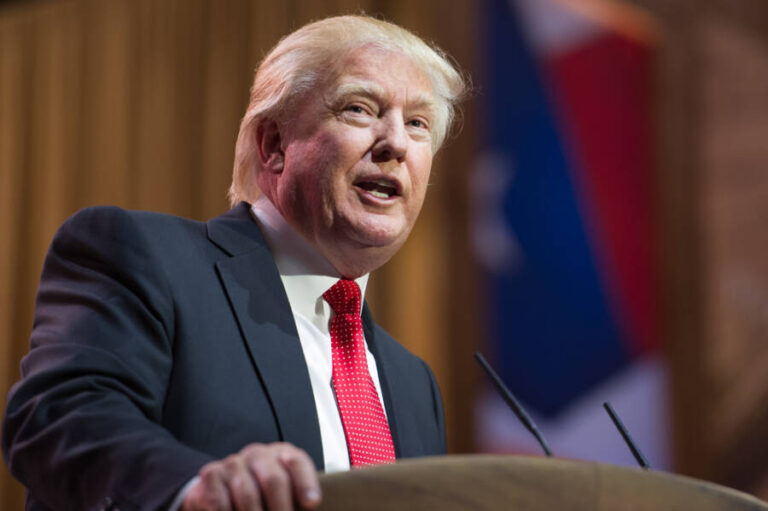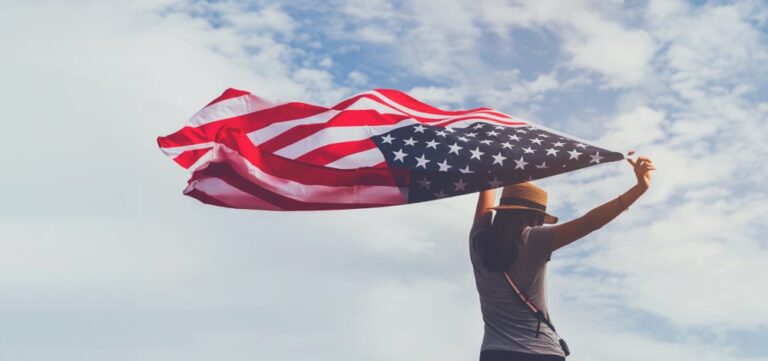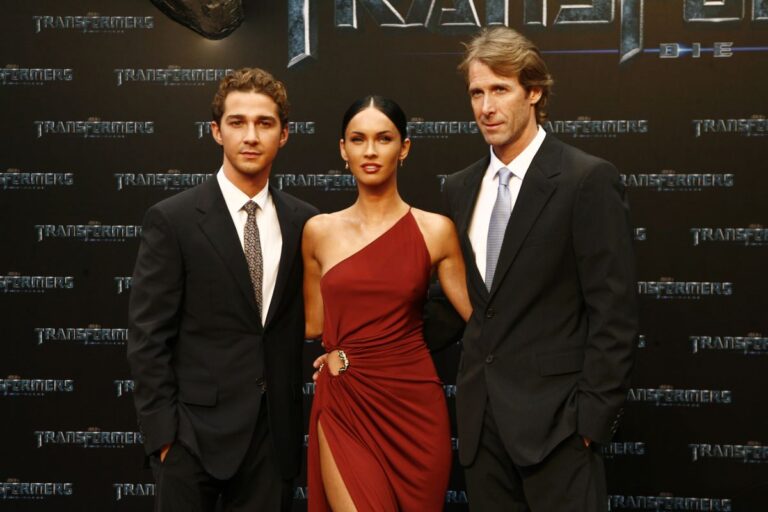“Made in the USA.” “Born in the United States.” “I’m proud to call myself an American.”
If the United States has one advantage, it is its sense of national pride. From American football to Charlie Brown to the Empire State Building, America has a plethora of images that evoke patriotism, particularly for such a young country.
And, of course, the United States has accomplished many excellent things. However, not everything Americans associate with the Land of the Free and the Home of the Brave is actually American.
Many of the ideas and technologies that are seen as “American” originate outside of the country’s boundaries, much like the melting pot that is the people. Here are a few examples:
9 ‘American’ Things That Aren’t American at All

1. Hot Dogs
Originally from Germany
Hot dogs have been found in almost every American home at some point. But, alas, this skin-encased sausage isn’t a uniquely American invention. Germans invented the concept 500 years ago. Immigrant butchers introduced the hot dog to the United States in the late 1800s.
The hot dog as we know it today may be attributed to Polish immigrant Nathan Handwerker, who arrived in Coney Island, New York, and opened the famed Nathan’s hot dog stand.
2. Peanut Butter
Actually, comes from the Aztecs
True, the nutty spreadable deliciousness of peanut butter did not originate in the United States. Peanuts are thought to have been consumed by the Aztecs and Incas in ancient South America, not just whole but also ground into a paste.
Finally, the production of peanut butter and its evolution into what we know today resulted from the efforts of many people around the turn of the twentieth century. Marcellus Gilmore Edson, a Canadian, developed peanut paste in 1884 after grinding roasted peanuts.
Dr. John Harvey Kellogg, the inventor of Kellogg’s cereal, patented the production of peanut butter from raw peanuts in 1895. Dr. Ambrose Straub of St. Louis developed a machine that manufactured peanut butter in 1903.
Finally, in 1922, a scientist called Joseph Rosefield established the method for generating smooth peanut butter. Clearly, there are several people to thank for the delectableness that is peanut butter.
3. Cowboys
Actually, comes from Spain
The American West may have created the polished image of what a cowboy is, but it had no role in its development. Cattle driving cowboys are said to have originated in Spain, the original home of cattle herding, and the term “cowboy” is derived from the Spanish word “vaquero.”
When the Spanish crossed the Atlantic and settled in Mexico, they brought their cattle herding practices with them, resulting in Mexican vaqueros crossing through Texas on their cattle drive routes. The American imagination and conception of the cowboy took root from there.
4. American Football
Originally from the United Kingdom
After being prohibited from public schools in the early 1800s for being too aggressive, the popular American pastime was inspired by Britain’s own sport of rugby. As a result, a less severe variant was created—football.
This version gradually but steadily found its way into American institutions. College football first appeared in America in 1869, and it has since evolved into the American classic that it is today.
5. Jazz
It originates in Africa
While a simplified version of history will speak of jazz’s direct relationship with New Orleans, this music genre has a deeper past that extends beyond the American slave trade. Around the year 1819, enslaved African Americans began playing music from their African heritage.
Jazz is regarded as one of the oldest manifestations of African music on American territory, and it has been practiced for decades. It took over 100 years for the first American jazz record to be created and marketed to the general public in the United States.
6. Apple Pie
Actually, comes from Britain
The cliché “as American as apple pie” is no longer relevant. While the earliest pies were made by the ancient Romans and Greeks, the first apple pie was made in 1381 in England by Geoffrey Chaucer, who published the recipe.
It wasn’t until the nineteenth and twentieth centuries that apple pie became a symbol of affluence in America, giving rise to the classic proverb.
7. Rodeos
It originates in Mexico
Rodeos, like cowboys, have become symbols of the American West. The origins of the American carnival may be traced back to the Mexican custom of animal wrangling. During these festivities, these
Mexican animal wranglers would compete in contests such as bull fighting and horse riding to demonstrate their prowess. The iconic Buffalo Bill’s Wild West Show in Nebraska hosted the first known American rodeo in 1882.
8. Democracy
Actually, comes from Greece
What is seen as America’s stepping stones—the system that has made the country what it is today—did not originate in the United States at all. George Washington, America’s first president who is credited with inventing the concept of democracy, may have borrowed a leaf from the book of ancient Greece.
In the sixth century B.C., an Athenian proposed political change, long before America was even on the world’s radar. Greece still did not allow women or foreigners to vote in any way, but males in the country would congregate and vote on political topics, exactly as democracy requires.
9. Television
Actually, comes from Russia
Before Americans like John F. Kennedy and Martin Luther King Jr. helped grasp television’s potential as a political weapon, it had been around for several decades. And when it comes to creating pop culture, institutions like “The Brady Bunch,” “Baywatch,” and “Friends” (whether you love ’em or hate ’em) are hard to top.
Despite its enthusiastic adoption of television, the United States cannot claim to have developed it on its own. Boris Rosing and his pupil Vladimir Zworykin conducted some of the initial experiments that would lead to the technological development of television in Russia around 1910.
Several U.K.-based experiments would offer promising results over the next decade, especially those of John Logie Baird, who showed the first mechanical television system to an audience in London in 1925.
Following in the genealogy is an American, Philo Taylor Farnsworth of San Francisco, who created the first electronic television by building on earlier mechanical models. From there, the Radio Corporation of America decided to engage in further research, and they hired none other than Vladimir Zworykin to help with the project.
You might also like: 10 Awesome Things Invented by Mistake











